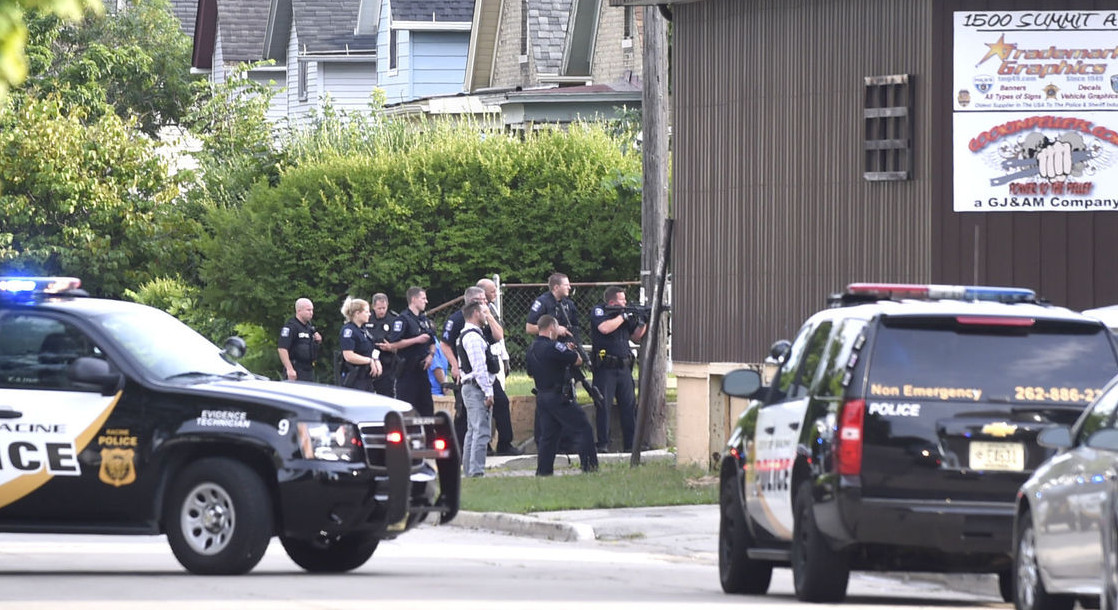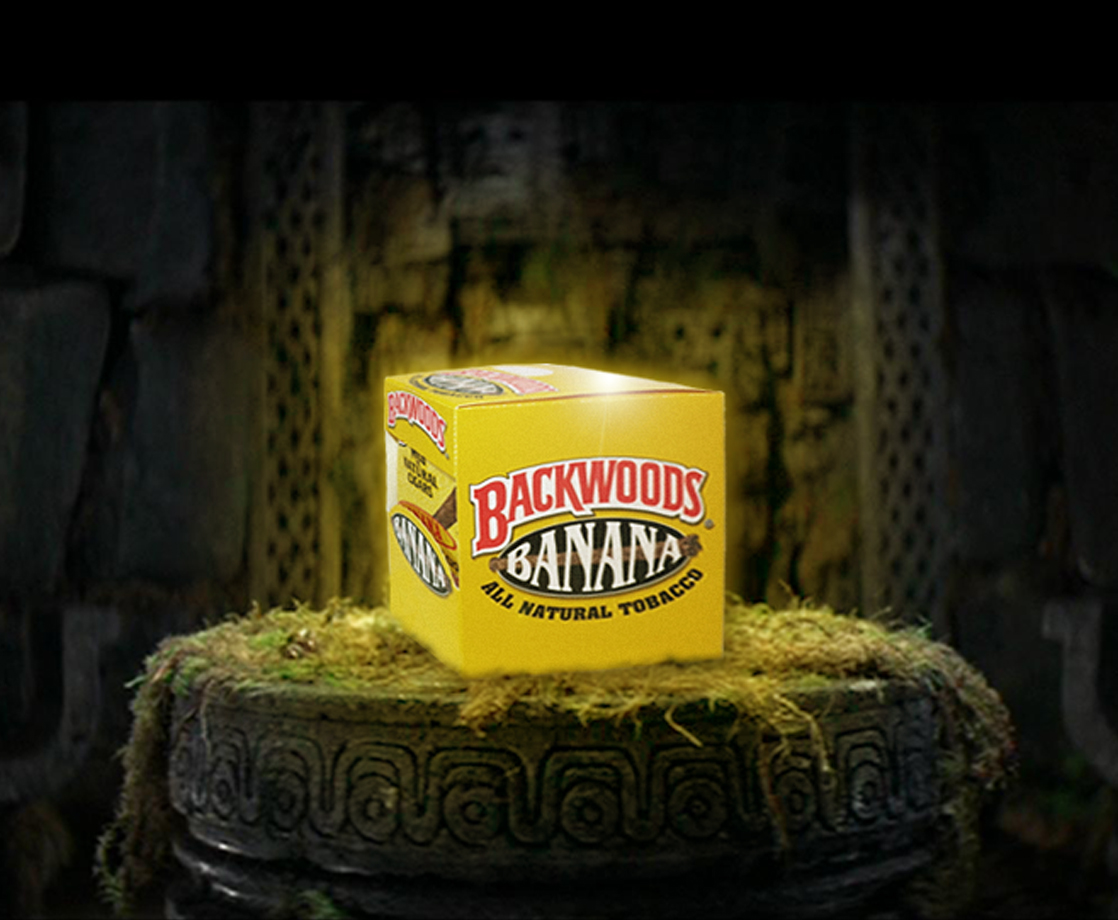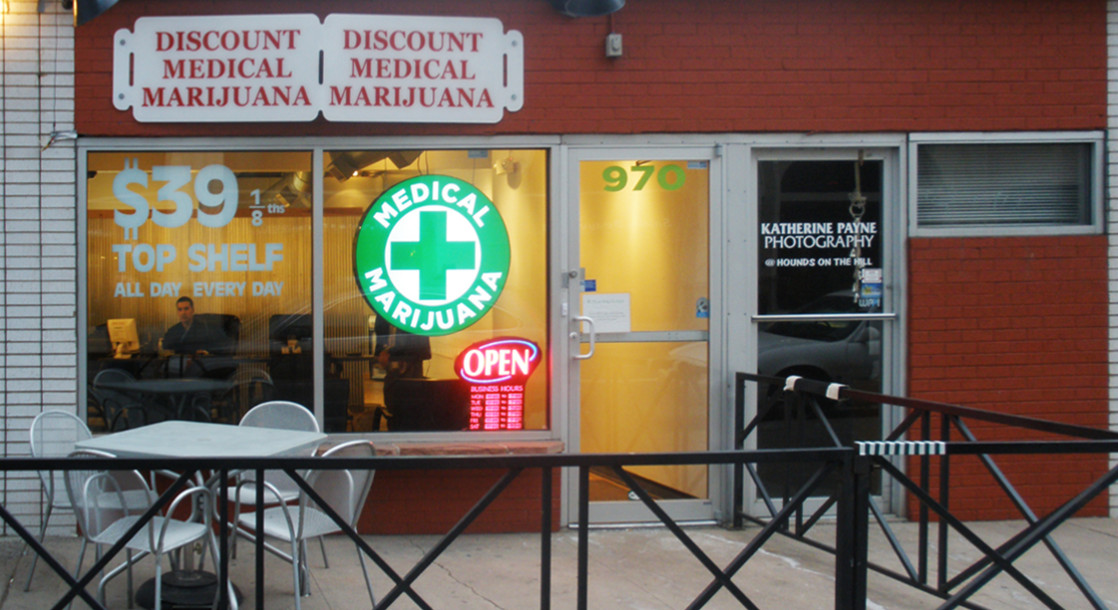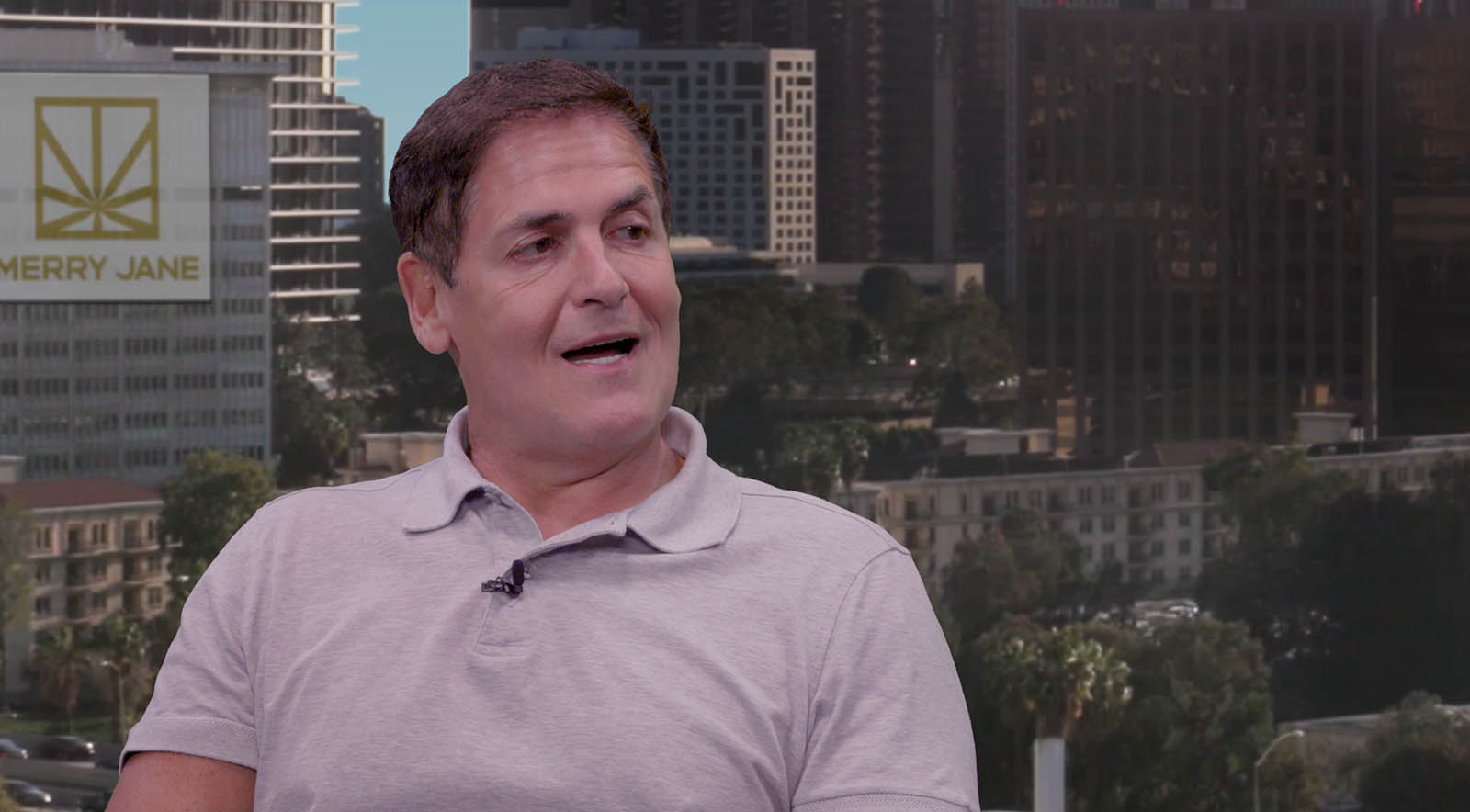An investigation by a Wisconsin newspaper has found that cops in the city of Racine have been charging people with misdemeanors for low-level cannabis possession even though city officials decriminalized minor pot offenses decades ago. Way back in 1990, Racine lawmakers passed a local ordinance that made possession of 25 grams or less of marijuana a forfeiture. The punishment for anyone receiving a cannabis citation in Racine is a $225 fine.
Despite this ordinance, an investigation by the local Journal Times found that Racine police were twice as likely to request criminal charges in minor pot possession cases than they were to issue citations. Last year, police requested state misdemeanor charges for 71 people busted possessing under 25 grams of weed, and only issued 30 citations. In 45 of these cases, the offender had 5 or fewer grams of pot.
Racine Police Chief Art Howell said that it is up to individual officers to decide whether they want to request criminal charges or issue a citation. “If I know these individuals are a threat to public safety in that area, I might give them a higher charge, because ultimately what I am trying to do is relieve that area of criminal activity,” Howell said. The Journal Times found that 41 of the individuals who were charged with misdemeanor cannabis possession in 2016 had no prior criminal record.
Democratic state Rep. Evan Goyke has joined with Republican state Rep. Adam Jarchow to sponsor new legislation that would make the possession of 10 or fewer grams of cannabis a forfeiture anywhere in Wisconsin. This would prevent local cops like those in Racine from pursuing state misdemeanor charges against anyone caught possessing this small amount of cannabis.
Goyke, a former public defender, has observed that white people caught with marijuana were more likely to receive citations, while minorities were more likely to get misdemeanor charges. “Where we have discretionary decisions in the system — where human beings are given the power to decide the fate of criminal cases — there will be disparities,” he said. “There is no actor in our criminal justice system that has greater discretion than the law enforcement officer.”











